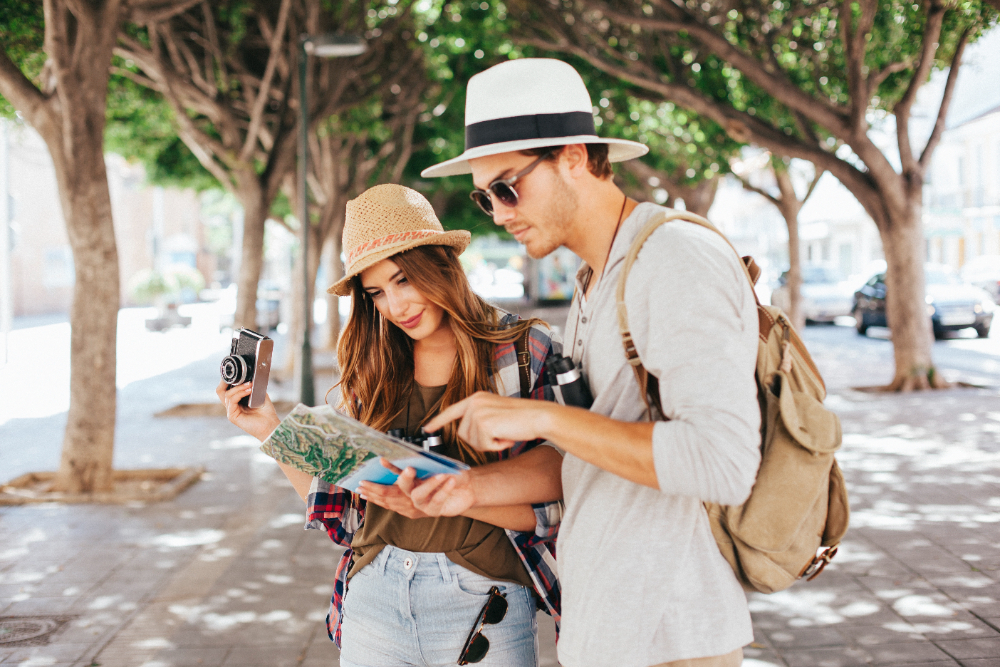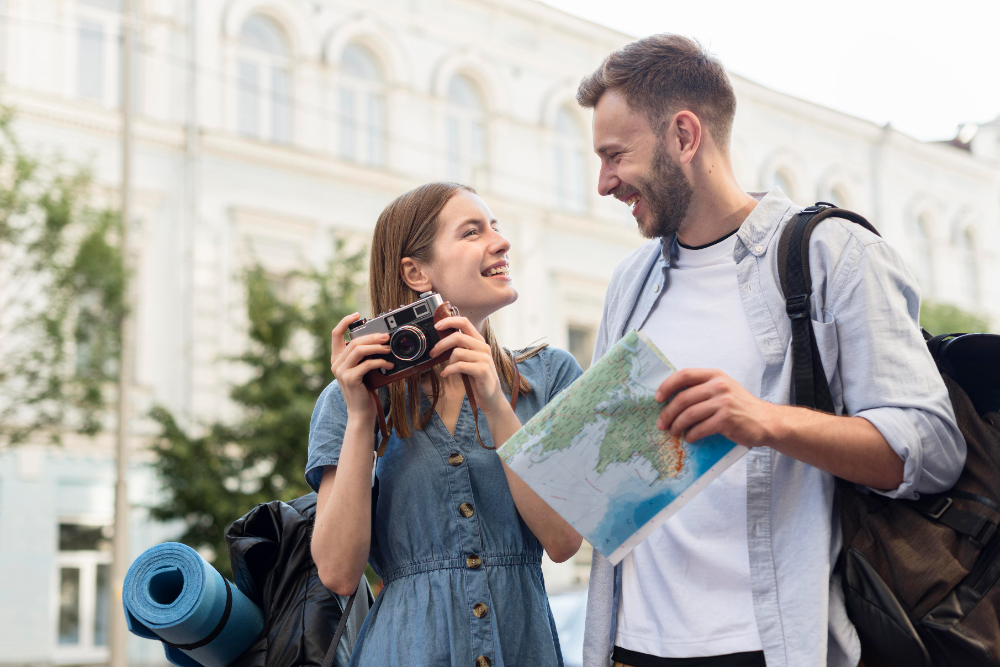Language Tips for Travelers: Basic Phrases and Communication Strategies
Traveling to a foreign country is an exciting adventure, but the language barrier can sometimes make communication challenging. Learning a few basic phrases and adopting smart communication strategies can enhance your travel experience, help you connect with locals, and navigate unfamiliar places with ease. Here’s how to bridge the gap and make the most of your journey.

Learn Basic Phrases Before You Go
Knowing a few essential phrases can go a long way in showing respect for the local culture and making your interactions smoother.
Key Phrases to Master
-
Greetings: "Hello" and "Goodbye"
-
Politeness: "Please," "Thank you," and "Excuse me"
-
Directions: "Where is…?" or "How do I get to…?"
-
Dining: "Can I have…?" or "How much does it cost?"
-
Emergencies: "Help," "I need a doctor," or "Call the police"
Helpful Tools
-
Use language learning apps like Duolingo, Babbel, or Rosetta Stone to practice before your trip.
-
Write down or print a cheat sheet of key phrases for quick reference.
Use Non-Verbal Communication
When words fail, gestures and expressions can save the day.
Tips for Non-Verbal Communication
-
Body Language: Smile often, as it’s universally understood as friendly and welcoming.
-
Gestures: Pointing to objects, maps, or signs can help convey your message.
-
Visual Aids: Carry pictures or icons of items you might need, like a plate of food or a taxi.
Be cautious, as some gestures that are friendly in one culture may have different meanings in another.
Utilize Translation Tools
Technology can be a lifesaver when you’re struggling to communicate.
Popular Tools
-
Google Translate: Offers real-time text and voice translation for many languages.
-
Offline Translation Apps: Download apps like SayHi or iTranslate and use them without internet access.
-
Voice Assistants: Use devices like Google Assistant or Siri to translate on the go.
While translation tools aren’t perfect, they’re incredibly helpful for simple conversations and directions.
Be Patient and Respectful
Cultural sensitivity is just as important as knowing the right words.
Do’s
-
Speak slowly and clearly to give the listener time to understand.
-
Use simple vocabulary and avoid slang or idioms.
-
Show appreciation for any help you receive, even if communication is challenging.
Don’ts
-
Don’t raise your voice—it doesn’t make you easier to understand.
-
Avoid becoming frustrated; a positive attitude encourages cooperation.
Learn Cultural Norms Around Communication
Every culture has its unique ways of interacting.
Examples of Cultural Variations
-
In Japan: Bowing is a common way to show respect.
-
In France: Greetings often involve a handshake or cheek kisses, depending on the region.
-
In Middle Eastern Countries: Direct eye contact may be seen as assertive, so gauge the situation.
Understanding these norms can make your interactions smoother and more meaningful.
Practice Active Listening
Even if you don’t understand every word, listening attentively can help you pick up context and key information.
How to Practice
-
Focus on the tone and body language of the speaker.
-
Pay attention to repeated words or phrases—they might be crucial.
-
Nod or use simple acknowledgments like "Yes" or "Okay" to show engagement.
Active listening fosters mutual understanding and helps build rapport with locals.
Take a Language Class or Immersion Program
For longer trips, immersing yourself in the local language can be transformative.
Options to Explore
-
Short-Term Classes: Look for beginner-level courses online or in the destination.
-
Language Exchanges: Meet locals who want to practice your language in exchange for teaching theirs.
-
Immersion: Spend time in local markets, cafes, or community events to pick up the language naturally.
Even small efforts can lead to big rewards, such as forming deeper connections and gaining confidence.

Emergency Communication Tips
When in doubt, having backup strategies can save you in urgent situations.
Strategies
-
Carry a Business Card: Have your hotel’s address and phone number written in the local language.
-
Learn Emergency Numbers: Know the local equivalents of 911 or 112 for police, fire, and medical assistance.
-
Ask for Help from Younger Locals: Many younger people are likely to know some English or be familiar with translation tools.
Preparedness ensures you stay calm and safe during emergencies.
Conclusion: Embrace the Journey
Language barriers don’t have to be a source of stress while traveling. By learning basic phrases, leveraging technology, and staying patient and respectful, you can navigate new cultures and build meaningful connections.
The effort you put into communication shows your interest in the local culture, and it’s often met with warmth and appreciation. So, pack your phrasebook, download your favorite translation app, and get ready to explore the world with confidence!












